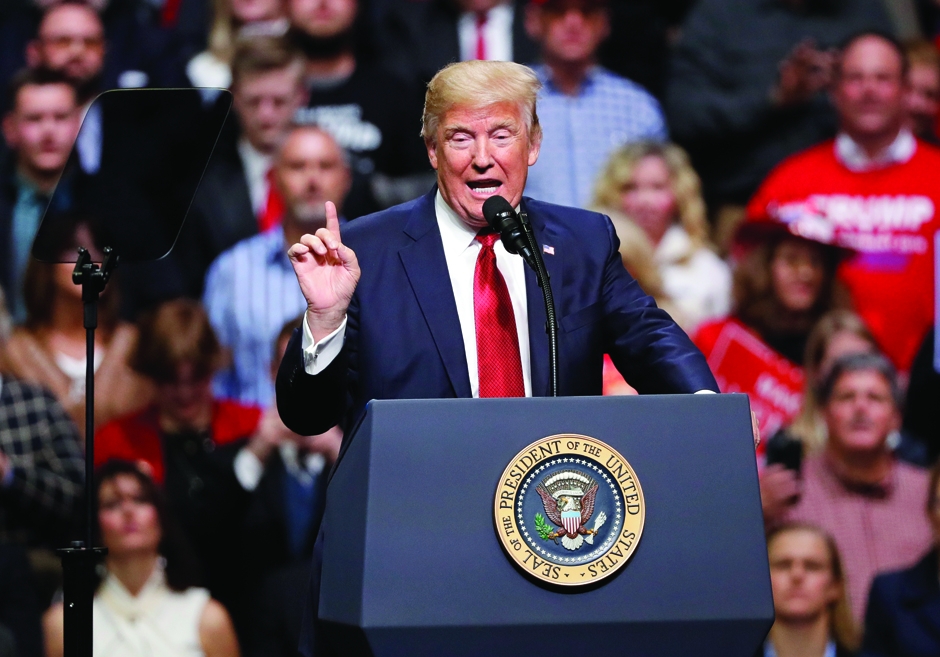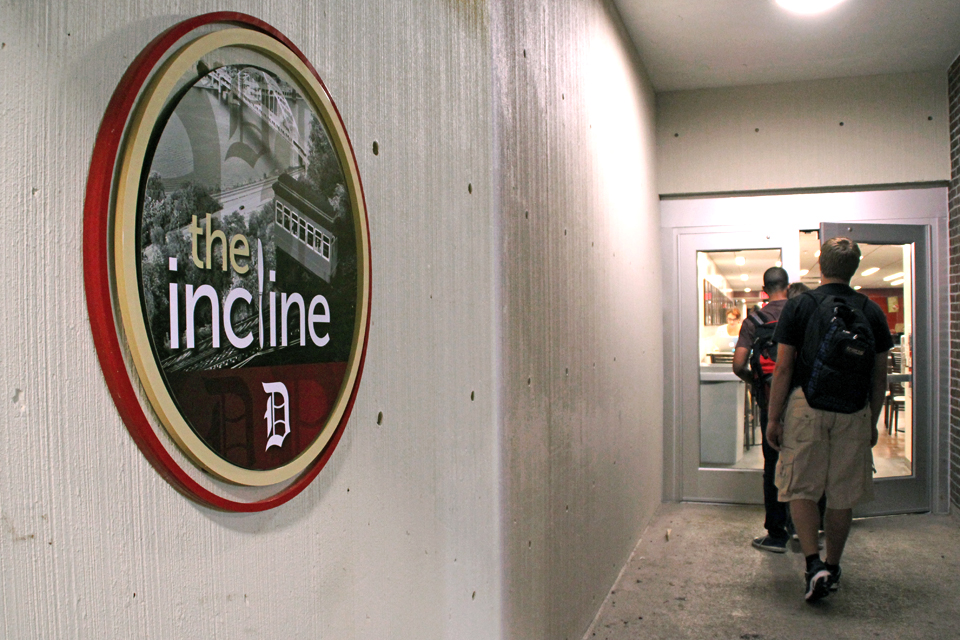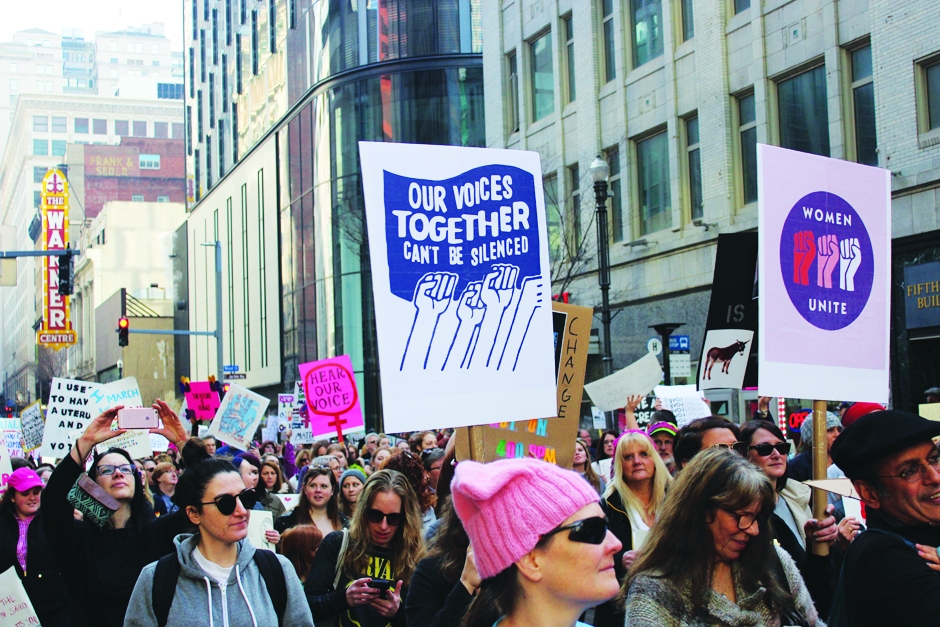

By Madison Pastrick | Staff Writer
Adding to the footsteps of those who marched on Washington, thousands gathered downtown on Saturday at Pittsburgh’s Sister March to advocate for the same principles as that larger march of racial, economic, climate and reproductive justice, religious freedom and human rights.
This past weekend, 673 organized marches took place worldwide, spanning more than 70 countries and including millions of marchers. Sparked by fears that arose during President Donald Trump’s campaign, the march served as more a celebration of unity and a sign of hope for those expressing concern and grief for the country’s recent affairs. Event organizers made it clear this was not an anti-Trump rally.
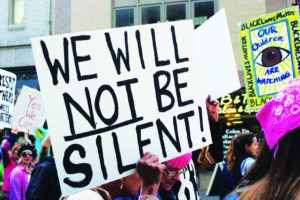
All during the march people had signs raised with messages such as “Girls just want to have fun-damental rights,” “Injustice anywhere is a threat to justice everywhere,” “Men of quality do not fear equality” and “Build bridges, not walls.” Voices echoed off buildings as people repeated chants like, “This is what democracy looks like” and “Love not hate keeps America great.”
The Women’s March on Pittsburgh originally applied for a permit of 400 people; however, Mayor Bill Peduto estimated the actual turn out to be closer to 25,000. The large crowd started its march at Grant Street and finished at Market Square, where a diverse assembly of speakers and musicians gave unique and empowering messages.
Peduto started off the speeches by reassuring the people of the city’s strong moral value.
“Well, we may be in this by ourselves,” he said, referencing the next four years. “And that’s OK, because Pittsburgh is a city that shares and shows love. And there are no laws that can take away compassion.”
Duquesne had a strong presence at the march as well, including many demonstrators and two of the rally’s speakers. Rev. B. De Neice Welch, a Ph.D. student at Duquesne University for Health Care Ethics, spoke to the crowd about pressuring those opposed to human rights to make a change.
“I’m here to be dissonant, and I’m here to call you to dissonance, because nobody gets to tell you who you are and how valuable you are,” she said.
Rachel Kallem Whitman, a doctoral candidate at Duquesne’s School of Education, spoke about how “disability rights are human rights,” and called to action a change that would allow people with disabilities the same opportunities as everyone else.
Others marching in the crowd, such as David Young, a Ph.D. candidate and teaching assistant in Duquesne’s English Department, had various reasons for participating.
“It’s time to stop sitting on the sidelines and actually do something about what’s happening in our country right now,” Young said.
Sarah Deibler was marching on Saturday with her young daughter, Rose Giovannagelo, husband, Christopher Giovannagelo, and friends by her side for “intersectionality,” the view that women experience oppression in a number of ways and with varying amounts of intensity.
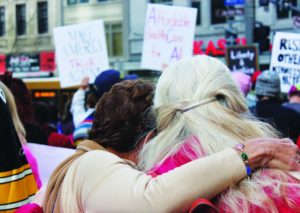
Intersectionality seemed to be the overall theme of the march, bringing attention to all of the injustices seen within every minority. Going along with the march’s mission statement, people were marching for “the protection of our rights, our safety, our health and our families — recognizing that our vibrant and diverse communities are the strength of our country.”
Pati Stan, a grad student at the University of Pittsburgh, said that he was happy to be part of the crowd.
“I think it’s just great to see so many people out here supporting the same thing that I do,” he said.
The assembly ended with a moment of silence, which was shared by those marching all over the world and broken by the singing of “America the Beautiful.”
Pittsburgh Police said no arrests or citations were issued during the march.
Organizers proclaimed the event a huge success, thanks in large part to the unexpected and peaceful turnout.


